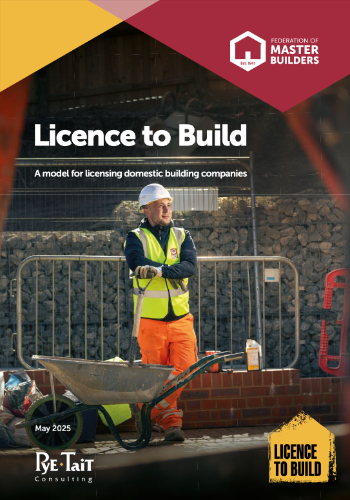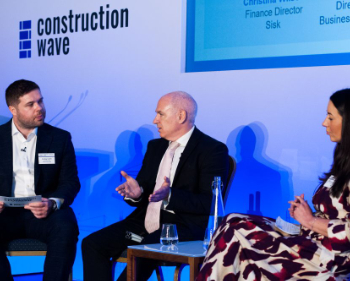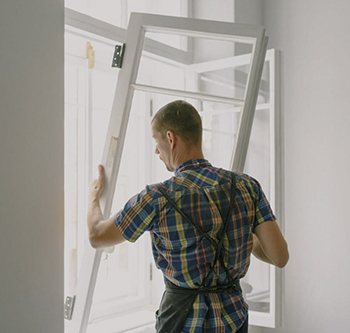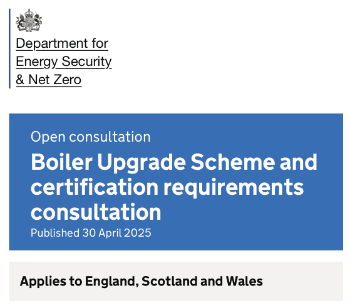Starting a concrete business
To help develop this article, click 'Edit this article' above.
Contents |
[edit] Introduction
Once you’ve become a qualified concreter, taking the leap into self-employment may be the next step. But starting a successful small business requires more than just having on-site skills and experience. From financial know how and marketing prowess, to identifying your niche and obtaining the right licenses, you need to have a business plan in place before you begin.
[edit] Get licensed and insured
Depending on where you live and what kind of concreting work you’re intending to do, you may need to obtain the proper concreting qualifications and building license to work.
You need to determine what kind of business you’re running, how and where to register your business name, what your taxation and legal requirements are, and the types of insurance you will need. This might include:
- General liability insurance
- Property insurance
- Worker’s compensation
- Commercial auto insurance
While there is a lot of background work involved, understanding the finer details and setting up your business through the right channels and in the right way will save you a financial and emotional headaches down the track,
[edit] Find your market
The concreting sector is competitive, so what will make your business stand out? Before you begin operations, define the market you want to target. Will you work on commercial or residential sites? Will you work with homeowners directly? Are you more interested in working on decorative projects?
Or, perhaps it is best to hone your business skills by subcontracting with general contractors, pouring sidewalks, constructions slabs, and other large jobs.
Whatever you decide to do, make a plan of attack before you set out.
[edit] Do not undersell yourself
If you have no experience in how to start a concrete business, it can be easy to undersell yourself. Setting the prices for your services can be a challenge, but if you are unsure what to do, simply plan for profit.
This means factoring in the actual costs of each job, including the materials, supplies, equipment rentals, hired labourer wages, and travel costs. When you know how much a job will realistically cost, you can determine the amount of profit you want to make.
Settling on the perfect hourly or fixed rates might take a little trial and error. However, once you have determined your prices, you will find it easier to quote jobs.
[edit] Equipment and supplies
The backbone of any good concrete business is a truck or van – a vehicle to cart around the equipment, supplies, materials and protective gear. This is one of the bigger purchases that you will need to factor into your concrete business plan. You will also need to consider smaller purchases such as a computer, telephone, and general office supplies.
What about your cement supplies? For smaller jobs, purchasing bags of cement that are premixed with gravel and sand might do the trick. However, larger jobs might require renting a motorized mixer or getting ready-mix concrete delivered to site.
The start-up costs of a new business are not cheap. That's why it is important to make a realistic estimate of the total funds needed to buy or rent equipment, and where the money is coming from – savings, bank loans, credit cards, or investors?
Until the money starts flowing, it’s important to make sure you have a plan to keep the business afloat.
[edit] Invest in marketing
To get your concrete business off the ground, people need to know about you. There are a variety of ways to get the word out – from placing classified ads in local newspapers, to printing out flyers, to relying on referrals and contacts within the industry.
However, one of the simplest ways to get seen is to create a website. There are plenty of easy-to-use and inexpensive platforms you can use, such as Squarespace, WordPress and Wix. If you don’t have the time or skills to create a website, it may be worth investing in a professional who can do it for you.
You should also consider creating a separate social media account for your business on a platform like Facebook. This widens your reach and gives potential customers another way to experience your company and get in touch.
[edit] The Building Blocks
You don’t need a huge number of people or capital to begin a concreting business, but you do need a solid understanding of your financial and business goals.
When developing a concrete business plan, focus on the above suggestions. Starting your own business is equal parts nerve-racking and exciting, but if you stick at it and make the right moves, you’ll find the rewards are definitely worth it.
Featured articles and news
Licensing construction in the UK
As the latest report and proposal to licence builders reaches Parliament.
Building Safety Alliance golden thread guidance
Extensive excel checklist of information with guidance document freely accessible.
Fair Payment Code and other payment initiatives
For fair and late payments, need to work together to add value.
Pre-planning delivery programmes and delay penalties
Proposed for housebuilders in government reform: Speeding Up Build Out.
High street health: converting a building for healthcare uses
The benefits of health centres acting as new anchor sites in the high street.
The Remarkable Pinwill Sisters: from ‘lady woodcarvers’ to professionals. Book review.
Skills gap and investment returns on apprenticeships
ECA welcomes new reports from JTL Training and The Electrotechnical Skills Partnership.
Committee report criticises UK retrofit schemes
CIOB responds to UK’s Energy Security and Net Zero Committee report.
Design and construction industry podcasts
Professional development, practice, the pandemic, platforms and podcasts. Have we missed anything?
C20 Society; Buildings at Risk List 2025
10 more buildings published with updates on the past decade of buildings featured.
Boiler Upgrade Scheme and certifications consultation
Summary of government consultation, closing 11 June 2025.
Deputy editor of AT, Tim Fraser, discusses the newly formed society with its current chair, Chris Halligan MCIAT.
Barratt Lo-E passivhaus standard homes planned enmasse
With an initial 728 Lo-E homes across two sites and many more planned for the future.
Government urged to uphold Warm Homes commitment
ECA and industry bodies write to Government concerning its 13.2 billion Warm Homes manifesto commitment.
From project managers to rising stars, sustainability pioneers and more.
Places of Worship in Britain and Ireland, 1929-1990. Book review.
The emancipation of women in art.























